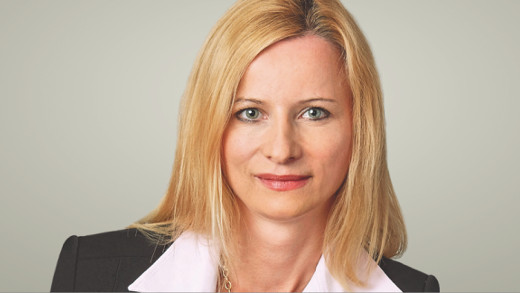
Balancing generic and innovative medical uses
Is cheaper always better when it comes to generics? What about when it comes to innovative medical uses of them?
Dr. Ute Kilger, Partner at Boehmert & Boehmert
Innovative pharmaceutical companies provide new drugs and invest hundreds of millions of Euros to bring them to the market. They have to account for the numerous drug candidates that show promise in animal or early stage clinical trials but ultimately do not reach the stage of regulatory approval. Return on investment (ROI) is secured by market exclusivity limited to a certain time period typically provided by patents and data exclusivity. Thus, originators have time to gain ROI for the short period of time before generics enter the market. This eco-system works quite well for new compounds.
Currently, the system does not work as well for the development of known and/or marketed substances to treat a new medical indication. The development of a new medical use for a known substance already marketed for another use typically requires substantial investments of approximately US$500m into development, though clinical trials average five years less than a new compound would require because the existing medicines already have a proven safety track record. However, pharma companies cannot justify the expense and risk of this if generic companies are able to sell the old drug also for the new use (leaving no chance of ROI for the originator).
It would be detrimental were pharmaceutical companies to cease investigating potential new uses for known medicines. Frequently, medically active compounds are useful in several diseases. The first medical use discovered is not necessarily the one most beneficial to patients but rather the second or third medical use found and developed. Thus, there is a need for a regulatory and legal system that incentivises the development of new uses and yet allows for generic manufacturers to sell the medicines for the use for which legal exclusivity has expired.
The Pregabalin cases
Substitution rules and tenders of the health insurer require the pharmacist to dispense the cheapest (generic) medicament without knowing the indications for which it has been prescribed. This inevitably leads to a patent-infringing distribution of generics and destroys the market and the incentives for originators. When the Pregabalin case was decided by the Danish Courts, Denmark changed its laws to enable a split market where both a generic drug for the old use and the originator drug for the new use could co-exist. Other courts in Europe have ruled that the tender of the health insurer is limited to the patent-free indication but pharmacists in those countries still dispense the generic drug for all uses.
This February, Georgetown Law School (D.C.) and Sir Robin Jacob from UCL, London, invited key opinion leaders to a conference in Washington D.C. to discuss ways to balance innovation and thrift, including the potential benefits of creating a split market. But one thing is very clear: this will require more than simply aligning the generic and innovative companies; it also requires the alignment of law makers, politicians, and health insurers. It is not an easy or popular task to explain why the same medicament should be sold at a lower price for the generic indication and a higher price for the new indication. It is easier to state: Hauptsache günstig (the cheaper, the better).
The Pregabalin case was recently heard before the UK Supreme Court. Observers reported that, unfortunately, the discussion focused strongly on the potential chilling effect it could have on generics used for patent-free indications. Much less attention was paid to the potential chilling effect on innovators. If originators cease to find and develop new uses for known drugs, it would have a chilling effect on us all. Hopefully, reason will prevail and legislators will find ways to incentivise the development of new uses, while offering cheaper generics for older uses.
(First published in European Biotechnology, Spring Edition 2018)


 Bayer AG
Bayer AG
 Picture from Ferdinand Stöhr on Unsplash
Picture from Ferdinand Stöhr on Unsplash